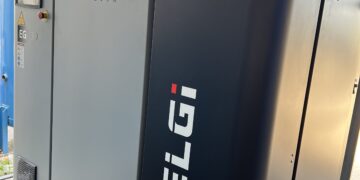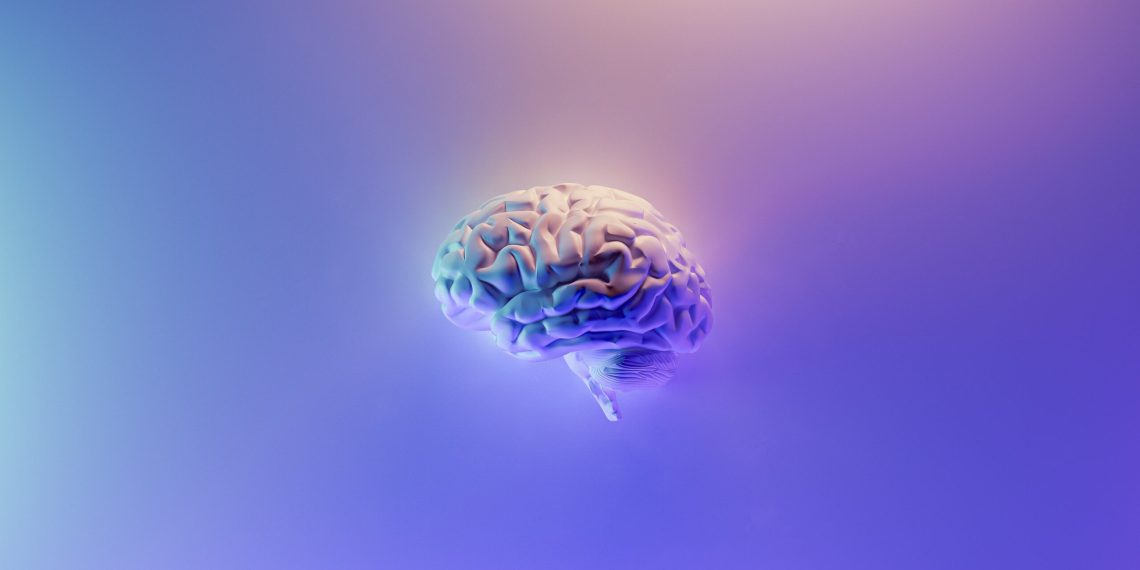The European Union has granted stem cell biotech Neuroplast an orphan medicinal product designation for the applicability of its stem cell technology platform to frontotemporal dementia (FTD), following a positive opinion from The European Medicines Agency (EMA). With the existing orphan disease designation (ODD) for traumatic spinal cord injury (TSCI), Neuro-Cells® is now approved for a fast-track development pathway with market exclusivity for both a trauma-induced and a chronic degenerative central nervous system disorder. This marks an important milestone in the development roadmap of Neuroplast’s Neuro-Cells® platform, as a stepping stone to other chronic neurodegenerative diseases such as Alzheimer’s, ALS and Parkinson’s Disease. The potential width in therapeutic applicability of the Neuroplast technology gives perspective to millions of people suffering from neurodegenerative diseases that currently have no outlook on effective treatment.
One technology addresses underlying mechanisms of multiple acute and chronic neurological disorders
Several conditions of the central nervous system, even when they seem unrelated at first and may have distinctive causes, have similar underlying disease mechanisms in common. These include unprogrammed cell death boosted by inflammation. Neuro-Cells, an autologous, bone-marrow derived Advanced Therapy Medicinal Product, addresses that disease mechanism by moderating inflammation of damaged cells in the central nervous system, to limit further impairment. The treatment objective in acute disorders is to limit impact of sudden injury, where the treatment objective in chronic disorders is to limit progression of the disease.
Neuroplast is already running a fast-track development pathway for traumatic spinal cord injury (TSCI), with a Phase II clinical trial in progress. This designation for frontotemporal dementia illustrates the broader applicability of the same technology for acute as well as chronic neurodegenerative disorders, paving the way to explore further applicability to conditions such as ALS, Alzheimer’s disease, traumatic brain injury, subarachnoid stroke and Parkinson’s Disease.
Orphan disease designation for FTD awarded based on pre-clinical evidence
Orphan disease designations are restricted to products for rare conditions for which there are no satisfactory methods of treatment authorized. It allows for a faster market authorization pathway and ten-year market exclusivity.
Frontotemporal dementia (FTD) is a degenerative condition in the brain that affect approximately 3.8 people in 10,000 persons in the EU. Typical survival rate lies between three and fourteen years from symptom onset, dependent on the FTD variant at play.
For this approval, the European Union followed the positive opinion from the EMA after the EMA followed positive recommendations from the Committee for Orphan Medicinal Products (COMP). COMP partly based their conclusions on the availability of pre-clinical evidence in mice, that showed decrease in neuroinflammation markers and rescue of cognitive and social behavioral deficits. Examples include reduction of anxiety, depressive-like behavior and abnormal social behavior.
Neuroplast CEO Johannes de Munter states:“This designation for frontotemporal dementia is an important milestone in expanding the Neuro-Cells development to a wider range of therapeutic areas. Using the same technology platform for traumatic spinal cord injury and frontotemporal dementia, illustrates an unusual range of acute and chronic neurological disorders that could potentially benefit from this.”
Neuroplast is open to discuss investor opportunities to effectuate the clinical pathways to a wider scope of neurological conditions.

















